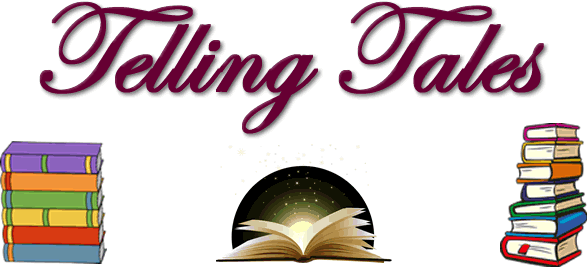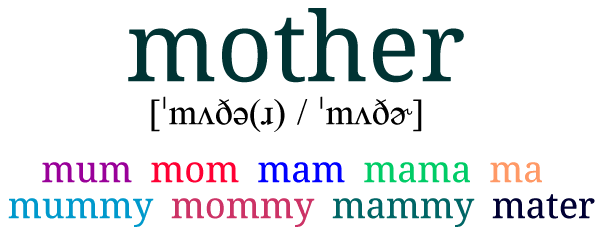Podcast: Play in new window | Download
In this episode we’re looking at words for servants and related people.
The Proto-Celtic word *ambaxtos means servant and comes from *ambi- (around), *ageti (to drive) and *-os, from the Proto-Indo-European word *h₂m̥bʰi-h₂eǵ- (drive around) [source].
It became ambaxtos (vassal, high-ranking servant) in Gaulish, amaeth [ˈameɨ̯θ / ˈamei̯θ] (ploughman, husbandman, farmer, agriculture) in Welsh, ammeth (agriculture, farming) in Cornish, amhas (hireling, servant, mercenary, hooligan) in Irish, amhas [au.əs] (savage, wild person, madman) in Scottish Gaelic [source].
The English word amassador comes from the same root, via the Middle English ambassadore from the Anglo-Norman ambassadeur (ambassador), from the Old Italian ambassadore, from the Old Occitan ambaisador (ambassador), from ambaissa (service, mission, errand), from the Medieval Latin ambasiator (ambassador), from the Gothic 𐌰𐌽𐌳𐌱𐌰𐌷𐍄𐌹 (andbahti – service, function), from the Proto-Germanic *ambahtaz [ˈɑm.bɑx.tɑz] (servant), from the Gaulish *ambaxtos [source].
The word embassy comes from the same Gaulish word, via a similarly convoluted etymology [source], as does ambacht [ˈɑmbɑxt] (craft, craftmanship, trade) in Dutch, ambátt [ˈam.pauht] (female slave, bondwoman, handmaid) in Icelandic, and ammatti [ˈɑmːɑt̪ːi] (profession, vocation, occupation) in Finnish [source].
Another Proto-Celtic word for servant is *wastos which possibly comes from the Proto-Indo-European word *upo-sth₂-o-s (standing beneath) [source].
Related words in Celtic languages include: *wassos (young man, squire) in Gaulish, gwas [ɡwaːs] (servant, lad, boy) in Welsh, gwas (chap, fellow, guy, servant) in Cornish, gwas (man, husband, servant, employee) in Breton, and foss (attendant, man-servant, servant) in Old Irish [source].
The English word vassal comes from the same Celtic roots, via the Old French vassal, the Medieval Latin vassallus (manservant, domestic, retainer), from the Latin vassus (servant) from the Gaulish *wassos [source].
More details about these words on Celtiadur, a blog where I explore connections between Celtic languages in more depth.
I also write about words, etymology and other language-related topics on the Omniglot Blog.
You can also listen to this podcast on: Apple Podcasts, Amazon Music, Stitcher, TuneIn, Podchaser, PlayerFM or podtail.
If you would like to support this podcast, you can make a donation via PayPal or Patreon, or contribute to Omniglot in other ways.











